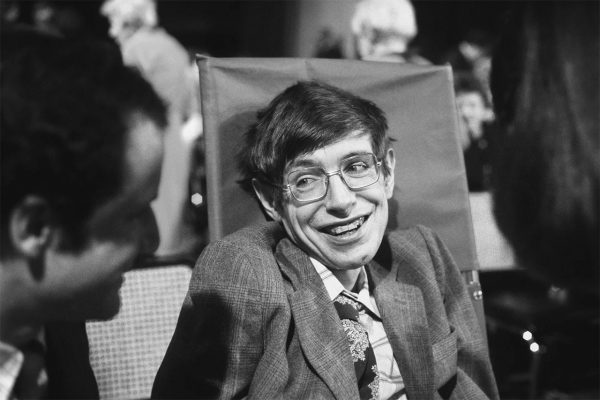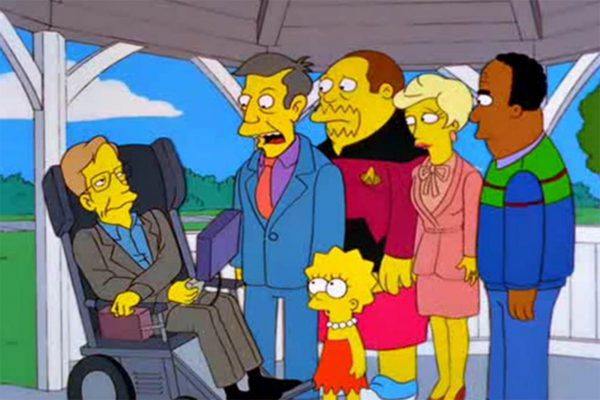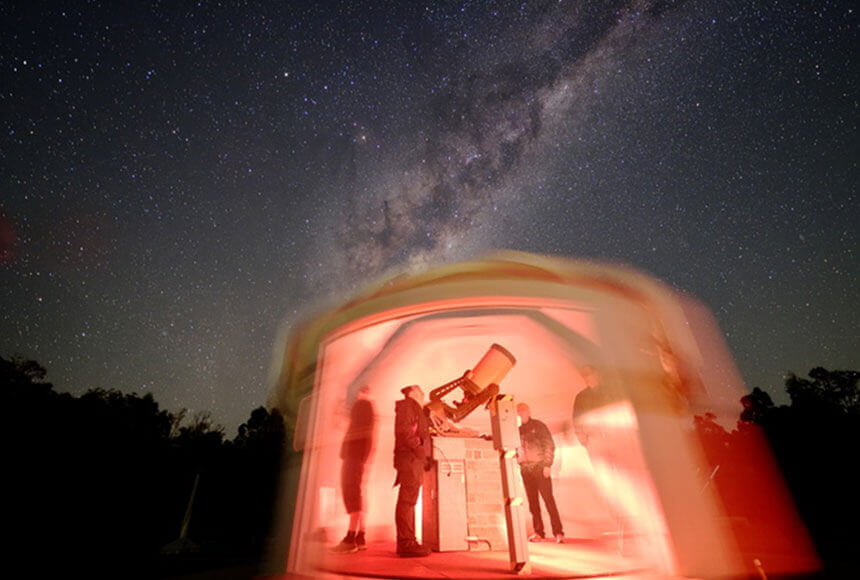Stephen Hawking - 1942 to 2018

Stephen Hawking, arguably the face of science for the last twenty years, passed away aged 76 on 14th March: ironically on the birthday of one of his famous predecessors Albert Einstein. His fame was no doubt in part to his ability to do profound work at the warped frontiers of cosmology while nearly completely paralysed and wheelchair-bound with amyotrophic lateral sclerosis and made voiceless after an emergency tracheotomy in 1985.
His scientific work in cosmology included breakthroughs about one of the strangest objects in the universe: black holes. In the 1970s he showed that, despite their reputation for eating everything around them and getting larger, they must actually emit radiation (now known as Hawking radiation) and may eventually evaporate.

Firmly established in scientific circles as Lucasian Professor of Mathematics at Cambridge, Hawking rose to public prominence when he published a popularisation of his work, A Brief History of Time, in 1988. From then on, the public was in awe of this man and listened to all his pronouncements on issues even well outside of his science speciality.
It is easy to forget that behind the still body and robotic-sounding computerised voice (which apparently refused to have been modified), there was still a human being, and very much a character. Examples include his indifference to his undergraduate studies at times, his interruption of Fred Hoyle’s seminar to tell him his calculations were wrong, several scientific wagers with colleagues (many of which he lost, including a year’s subscription to Penthouse magazine with Kip Thorne), love of science fiction and guest appearances on many TV shows.
We await his successor as the face of science.





